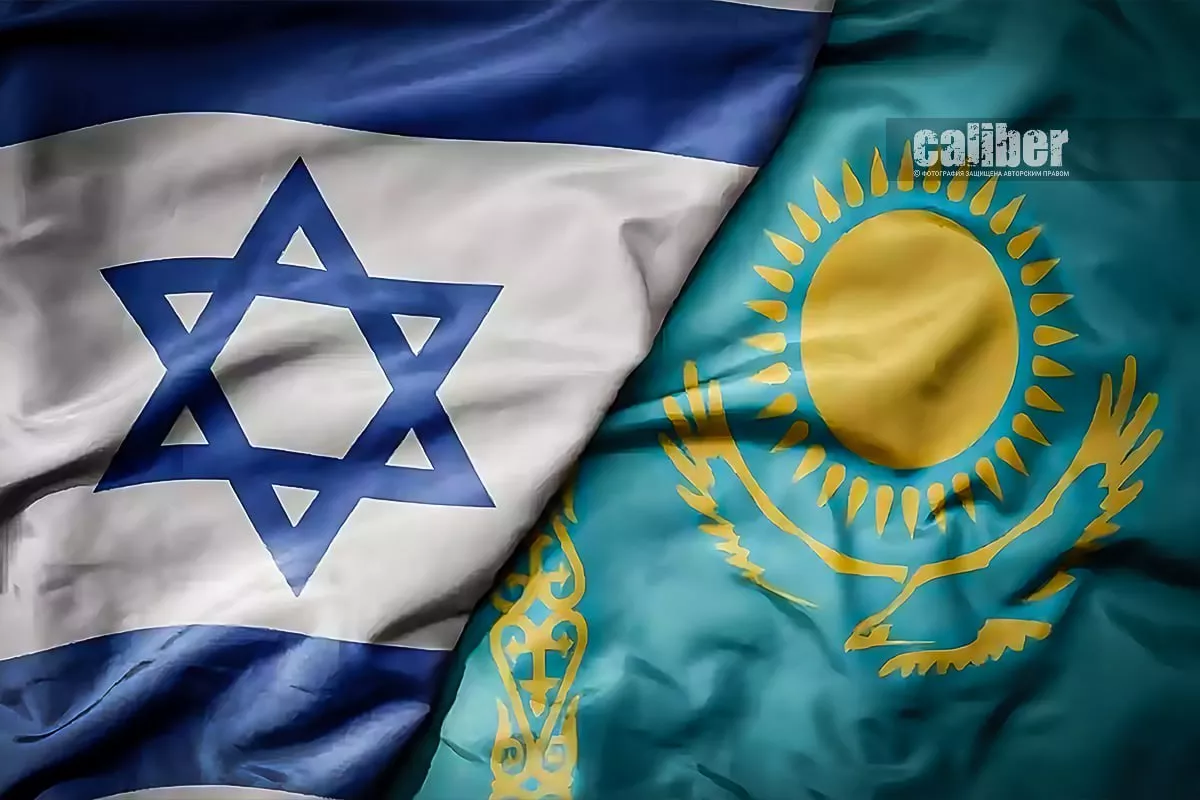Abraham Accords 2.0: Azerbaijan and Kazakhstan – key players Article in Italian media
The Italian news agency AsiaNews has published an article by Vladimir Rozanskij highlighting the relaunch of the Abraham Accords. Caliber.Az presents the most insightful parts from the piece.
US President Donald Trump's revival of the Abraham Accords is an attempt to normalise relations between Israel and ‘moderate’ Sunni Arab countries traditionally opposed to Jews, such as the United Arab Emirates (UAE), Morocco and Sudan.
This approach is now being extended to Muslim countries in the Caucasus and Central Asia, such as Azerbaijan and Kazakhstan. The priority of the project is obviously the cessation of armed hostilities in the Gaza Strip, with a view to a long-term truce to end the two-year war started by Hamas terrorists on October 7, 2023.
The tragedy of the Strip has prevented the establishment of full relations between Israel and Saudi Arabia, which could pave the way not only for diplomatic relations between the Jewish state and pro-American regimes in the Middle East, but also with non-Arab Islamic countries as far afield as Pakistan, Malaysia and Indonesia.
The Abraham Accords 2.0 therefore presuppose a grand economic, political and even military alliance that could become a strategic counterweight to the anti-Western axis of Moscow and Beijing, extending throughout Central, South and South-East Asia, and also containing the ambitions of the Shiite regime of Iran and its satellites.
Azerbaijan is therefore one of the first candidates to form a decisive link in this new chain, considering its close relations with Israel for many years, also in opposition to Tehran. Furthermore, Baku could serve as a link for a vast “reconciliation pact” with the countries of Central Asia and the entire “Turanian world”, according to many commentators, thereby influencing Türkiye's positions in some way.
The first to join the new version of the Abraham Accords was Kazakhstan, with the official declaration by its president, Kasym-Zhomart Tokayev, in Washington on November 7, during the “5+1” meeting between the US and Central Asia, as had already been announced in June after the meeting between Secretary of State Marco Rubio and Kazakh presidential adviser Murat Nurtleu.

American interest in this post-Soviet region has increased significantly since Russia's invasion of Ukraine, as pointed out by commentator Dov Zaheim of The Hill news website, which is very close to the White House, noting that Kazakhstan "is the main economic power in the region, which has maintained full diplomatic relations with Israel since 1992."
Kazakhstan is the United States' main economic partner in Central Asia, accounting for 96% of American exports to the region. The country is growing steadily, especially in the increasingly decisive markets for rare minerals such as antimony, tungsten and other rare earth elements, not to mention 40% of the world's uranium reserves. The search for these minerals is a decisive element in the United States' global geopolitical games, against the backdrop of peace negotiations in various latitudes.
Central Asia occupies a decisive place in this scenario, considering the real global economic conflict between Washington and Beijing, which in turn is continuously relaunching its activity in this region, as evidenced by Chinese Foreign Minister Wang Yi's recent trip to these areas.








